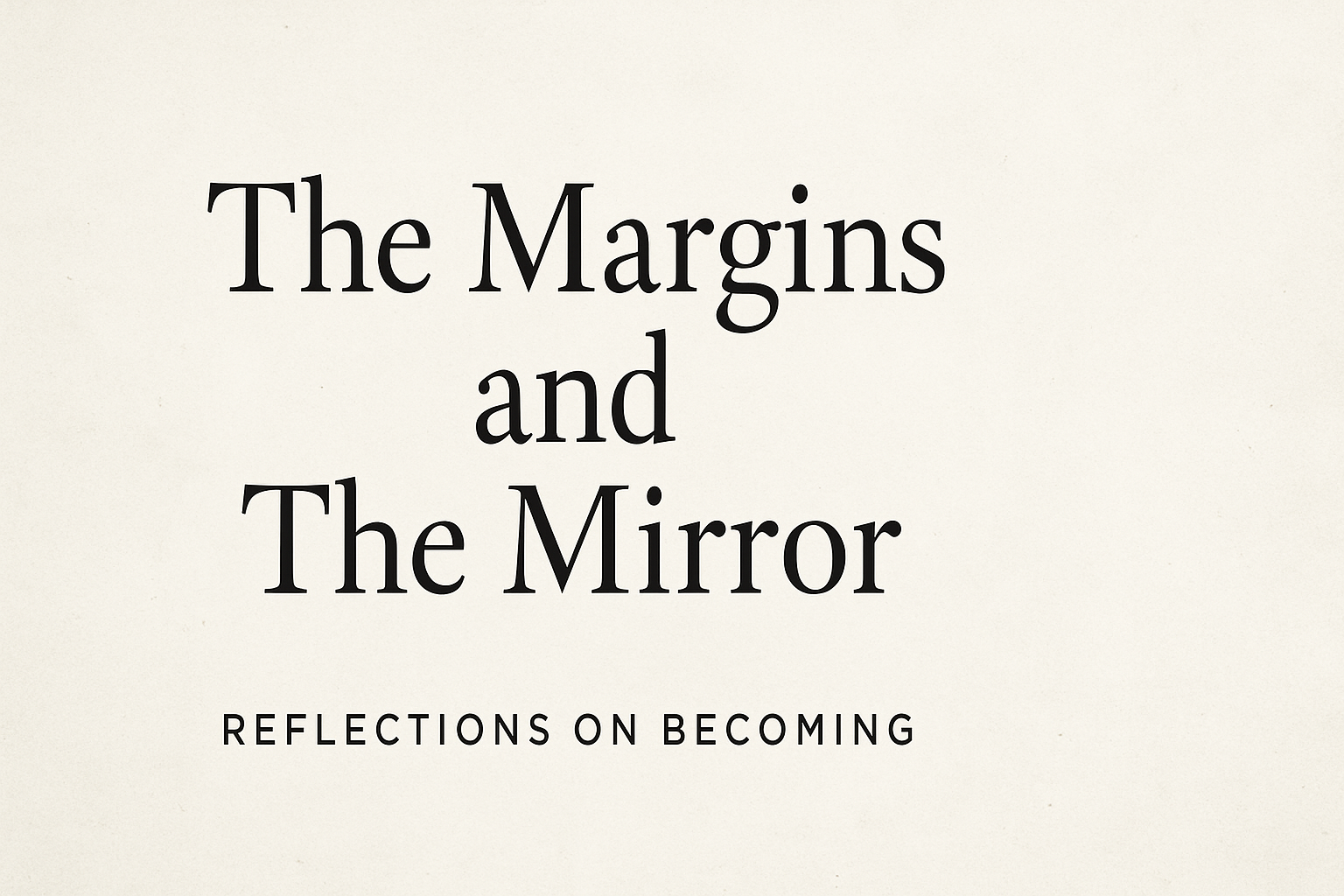North Carolina Again: Power, Memory, and the Battle for America’s Soul

Prologue: Why We Begin Here
Every story has a starting point—but the map we choose shapes what we see. We kick off North Carolina Again with the 2024 Supreme Court race not because history began this May, but because the lines drawn, the rules bent, and the grudges held in that contest are echoes of deeper dramas. It’s a living reminder that power can be seized—or conceded—through mechanisms meant to protect democracy.
By spotlighting NC's protracted fight, we create a lens: a way to trace each thread—1898’s Wilmington coup, the bulldozing of districts, campaigns of coercion—back to their source.
It’s an invitation to ask, at every turn, “How did we get here, and how might we be different?”
Before we look back, let’s acknowledge the moment we’re in. For more than six months, North Carolina’s 2024 Supreme Court race held the state—and the nation—in suspense. A razor-thin margin. Multiple recounts. A sitting judge’s refusal to concede. When Jefferson Griffin finally yielded on May 7, 2025, he closed a chapter of procedural brinksmanship—only to open a deeper question:
What does it mean when the very rules meant to secure our democracy become weapons in its unraveling?
North Carolina is more than a battleground state—it’s a proving ground for American contradictions. Here, white-supremacist coups once toppled biracial governments, districts are drawn with surgical precision, and yet, the Fusion movement’s radical, interracial coalition once showed us another path forward.
Over the coming weeks, “North Carolina Again” will revisit these paradoxes—asking what lessons this Southern crucible holds for a nation on the brink.
Core Essays to Launch the Series
- The Stolen Lines of Democracy
How gerrymandering turned North Carolina into a national case study in electoral manipulation. - The Race That Won’t End
Anatomy of the 2024 Supreme Court saga—refusal to concede, legal gambits, and the future of contested elections. - The Mark Robinson Problem
When far-right ideology masquerades as representation—and why rural North Carolina embraced it. - A State of Two Realities
Urban progressivism vs. rural regression: the demographic fault lines shaping our politics and culture. - Eugenics, Redlining, and the Roots of Control
How North Carolina’s history of reproductive coercion and urban displacement still haunts its present.
Stay tuned: next week, we begin with Part I: The Stolen Lines of Democracy, and trace the maps that have shaped—and misshaped—our shared future.

